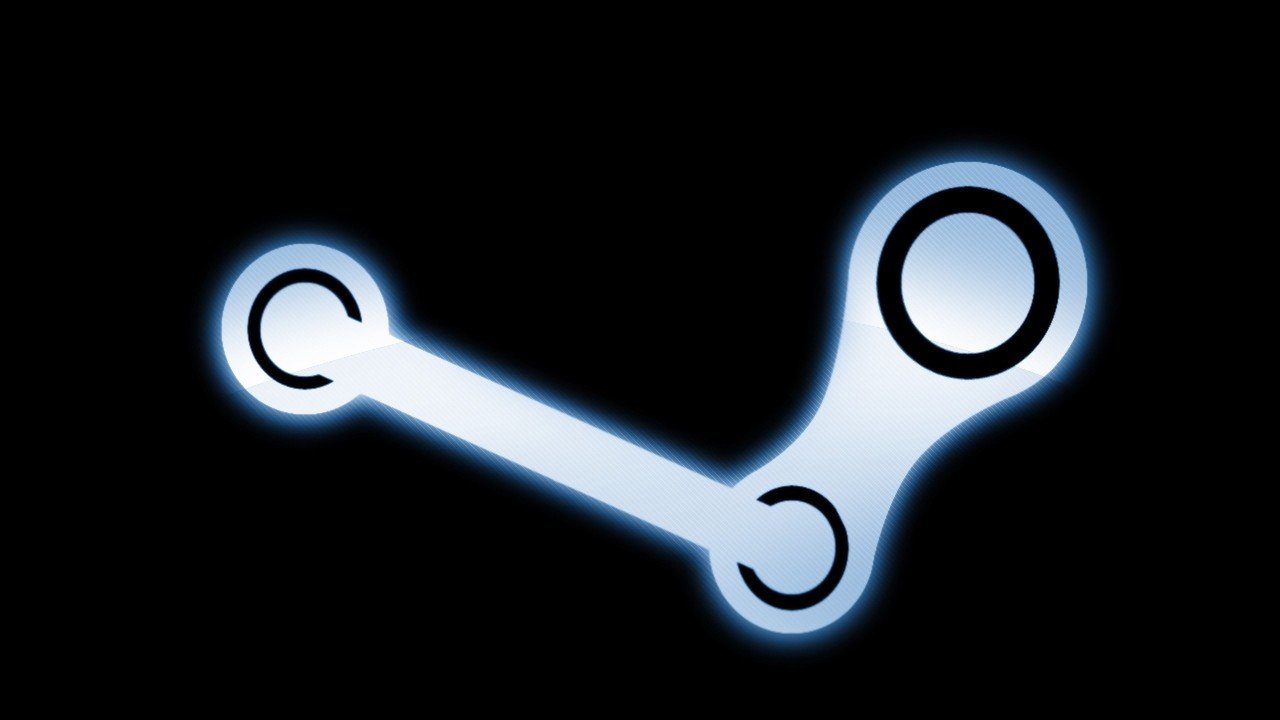New Steam policies allow successful developers to keep more revenue (update)
Steam is trying to make itself more appealing.

All the latest news, reviews, and guides for Windows and Xbox diehards.
You are now subscribed
Your newsletter sign-up was successful
Updated December 2, 2018: According to a report by VG247, Steam's new tiered revenue sharing system has drawn some backlash from smaller developers. Many titles on Steam don't cross the $10 million mark, so those companies will still have to give Valve thirty percent of their revenue. However, "AAA" developers hit $10 million without even breaking a sweat. Major publishers even cross $50 million without even thinking about it. Vlambeer Studio's Rami Ismail said that this new policy basically means "don't worry, big game productions, we'll happily subsidize your increased income with the broken dreams of aspiring developers that fell just short of making it because they have no leverage and we don't care. Just please don't launch your own store." This seems like an accurate interpretation because Valve has only made it more profitable for big companies to retain more revenue. It's still the same percentage for smaller ones.
Steam is an incredibly popular platform from Valve and accounts for the majority of PC games sales. According to a report by Eurogamer, the company is revising its revenue sharing tiers so that developers can keep more of the profits.
The report added that Valve used to take a roughly thirty percent cut of all games using Steam. This seems to be similar to how Microsoft, Nintendo, and Sony operate. However, from now on Valve will only charge 25 percent for revenue over $10 million, and then drop down to twenty percent once a game's sales cross $50 million. This allows developers — particularly "AAA" publishers — to keep more of their profits. This isn't helpful to smaller studios though unless they produce a game like No Man's Sky.
A Valve spokesperson posted the following statement on the Steam Community blog.
The value of a large network like Steam has many benefits that are contributed to and shared by all the participants. Finding the right balance to reflect those contributions is a tricky but important factor in a well-functioning network. It's always been apparent that successful games and their large audiences have a material impact on those network effects so making sure Steam recognizes and continues to be an attractive platform for those games is an important goal for all participants in the network. Revenue includes game packages, in-game sales, and Community Marketplace fees. Our hope is this change will reward the positive network effects generated by developers of big games, further aligning their interests with Steam and the community.
It's great to see that Valve will allow game makers to keep more money. In an industry which is plagued with rising costs, this is a great move. Maybe other platform holders will also follow suit.
Keep an eye on WindowsCentral.com/Gaming for all the latest in Xbox and Windows 10 gaming, accessories, news, and reviews!
All the latest news, reviews, and guides for Windows and Xbox diehards.

Asher Madan formerly handled gaming news for Windows Central. Before joining Windows Central in 2017, Asher worked for a number of different gaming outlets. He has a background in medical science and is passionate about all forms of entertainment, cooking, and antiquing.
